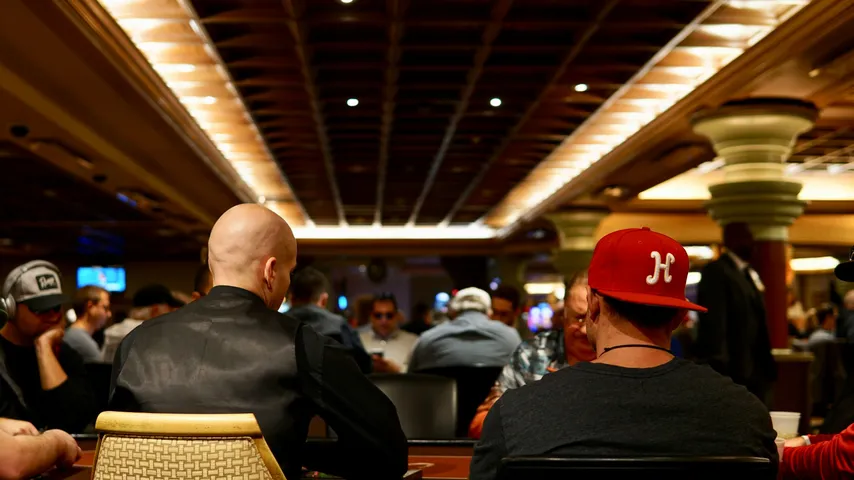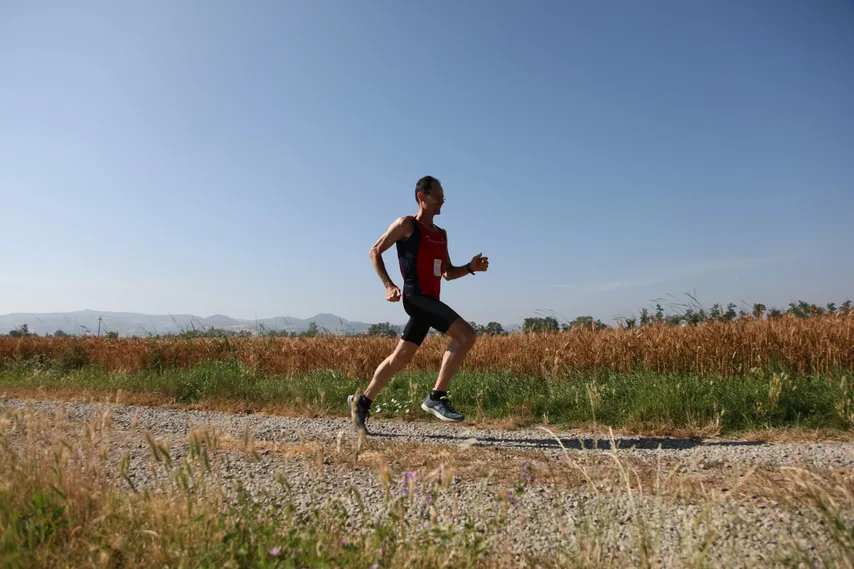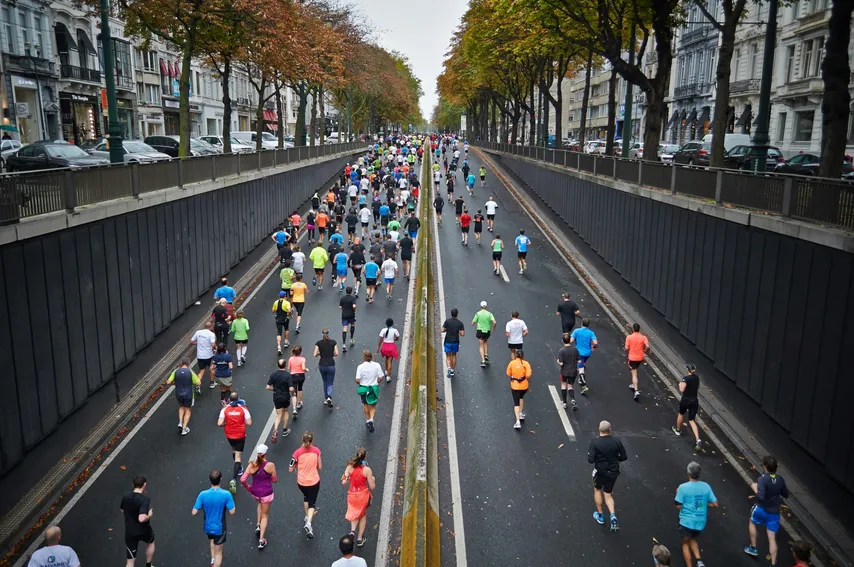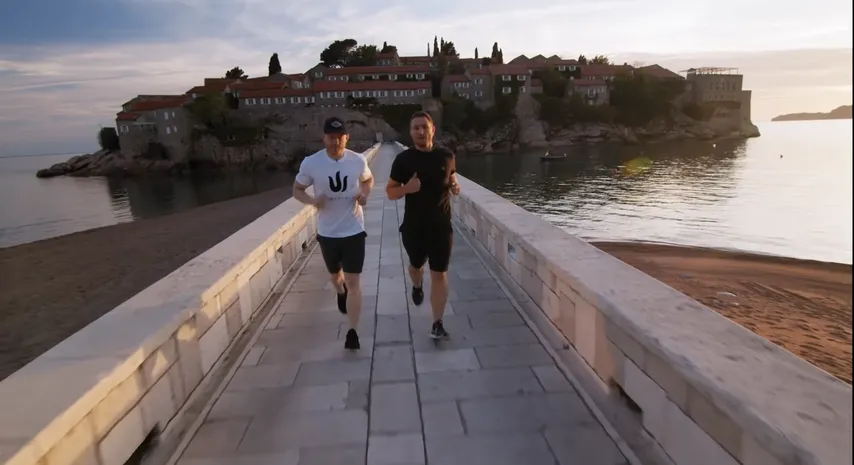In a wonderful post on a Korean poker blog, Ryu Hyunjin Ramen outlined three major reasons to exercise. Of course, the benefits of breaking a sweat extend beyond poker, but these topics rarely share the same space.
We translated Ryu's short blog post and hope you can find use in it.
Scientifically Proven Ways to Play Poker Well
I really need to exercise.
I just sit at the table every day, look at my phone and computer, and play games.
If you order food every day and play games day and night, from concentrated hormones released through activity in the brain, sensory nerves in the body gradually die.
Ironically, if you only focus on poker and only eat and play poker every day, physically, you create a condition that makes it difficult to play poker better.
Set a certain time for the game to be played and play it.
The remaining time must be spent being active and exercising.
That way, you will be able to focus more and think more while playing the game.
For players with the same level of experience and knowledge of theory, this difference makes a difference in the results.

The Science Behind Exercise and Cognitive Ability
I brought this up because it's based on evidence.
If you refute the evidence, just play poker instead of exercising.
Rationale 1) It is said that our brain uses about a quarter of the body's energy (Editor's note – about 20%), so if physical function declines, cognitive functions, including learning and memory, will naturally decline.
However, the body and brain are connected by a closer network that goes beyond energy.
In 2007, Dr. Heather Erwin's research team at Illinois State University and Dr. Karen Hacker's research team at Harvard Medical School in 2009 conducted studies to determine the correlation between exercise and academic achievement among elementary, middle, and high school students in Illinois and Massachusetts, respectively. Results of two studies showed that students who were less active received relatively lower scores on tests and academic achievement.

If you believe that poker is an area of study, we have no choice but to acknowledge the correlation that exercise helps with poker, as it improves cognitive functions including learning and memory.
- Increased first deposit bonus
- Increased rakeback and reloads
- Help with deposits and cashouts
- Access to private freerolls
- Round-the-clock support
Rationale 2) These results were also clearly shown in studies targeting adults.
In 2003, Professor Michael Wadsworth's research team at University College London conducted a follow-up study on the correlation between physical activity and cognitive ability in approximately 1,900 36-year-old adults for 17 years. As a result of examining their memory and amount of exercise when they were 43 and 53 years old, aging-related memory decline was found to be significantly slower in adults who consistently exercised more than twice a week compared to adults who did not.
Interestingly, even if people started exercising after the age of 36 or 43, the effect of preventing memory decline observed at the age of 53 was more pronounced than in adults who had stopped exercising before then.
This is a similar finding to other research results, which showed that middle-aged people in their 40s and 50s who exercised regularly showed lower gray matter decline due to aging when comparing and analyzing the structure of the frontal lobe using brain functional magnetic resonance imaging (fMRI). In summary, consistent exercise helps improve cognitive function even as you age.
An adult's body begins to age at the age of 25, but regular exercise slows memory decline and helps improve cognitive function.
Exercise is even more important for poker players as they age.

Rationale 3) Aerobic exercise appears to be more closely related to the improvement of specific memories among various memories.
Consistent aerobic exercise is associated with an increase in memory controlled by the frontal and temporal lobes, and in fact, the increase in brain volume due to exercise is noticeable in the hippocampus and other areas.
According to a series of studies conducted by Dr. Fred Gage's research team at the Salk Institute in the United States in the early 2000s, the volume of the hippocampus and prefrontal area increased in rats that continuously ran on a treadmill, and the 'region' regulated by these brain areas increased. ‘Extrinsic memory’ (a type of memory, memory about the characteristics and relationships of objects, events, spaces, etc.) is also said to have improved.
For full-time poker players who focus most of their time on poker and study poker intensively for a long time, exercise has a better effect.
Improvement of specific memory and improvement of external memory means that when we play for a long time, we have many thoughts other than poker while playing, but when we exercise, we can focus only on poker when playing poker and it helps us to concentrate more.

– Editor's note: Jason Koon is a huge advocate for exercise and poker-life balance. As someone who's almost at the top of the All Time Money List, perhaps you'd like to hear what he has to say.



















